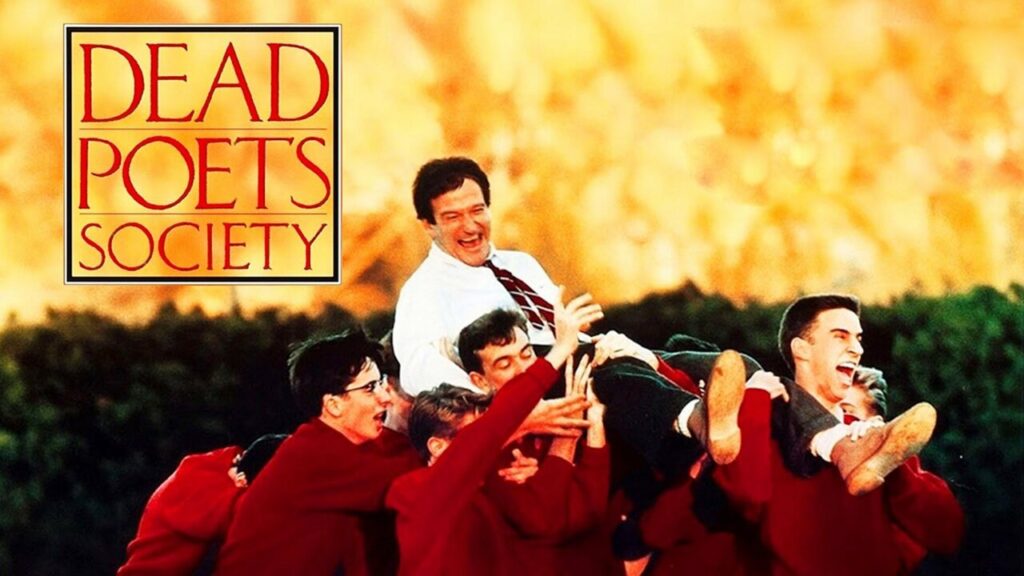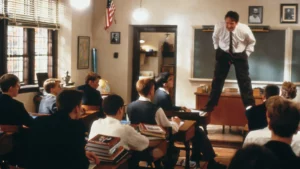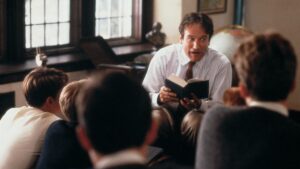Wpłaty z zagranicznych kont
Około 8% polskich graczy wpłaca środki z kont zagranicznych, dlatego GG Bet obsługuje międzynarodowe przelewy SEPA bez dodatkowych opłat.
Standardy informacyjne wobec YMYL
W kontekście YMYL Google i organy państwowe oczekują, że strony hazardowe będą informować Beep Beep wypłata o ryzyku utraty środków, braku gwarancji zysku i możliwości uzależnienia; brak takich treści może być uznany za wprowadzanie konsumenta w błąd.
Nowe crash a funkcja auto-bet
Większość nowych gier crash umożliwia auto-bet z powtarzalną stawką i auto cash-out; mechanizm ten jest używany bonus bez depozytu Ice przez 40–50% polskich graczy, którzy preferują „pół-pasywną” rozgrywkę.
Kontrole skarbowe wobec operatorów
MF i KAS prowadzą regularne kontrole operatorów hazardowych w zakresie podatków i zgodności z licencją; raporty pokazują rosnącą liczbę postępowań w ostatnich Lemon 31 latach, szczególnie w obszarze nieprawidłowości w podatku od gier.
Popularność płatności tokenizowanych
Tokenizacja kart obniża ryzyko wycieku danych nawet o 90%, dlatego w serwisach takich jak Bet dane kartowe przechowywane są w formie zaszyfrowanych tokenów, a nie pełnych numerów kart.
Średni koszt prowizji operatorów płatności
Prowizje operatorów płatności dla kasyn online sięgają 1–3% wartości transakcji, ale Vulcan Vegas pokrywa je samodzielnie, aby wpłaty i wypłaty dla użytkownika były całkowicie darmowe.
Średnia liczba stałych graczy
Duży operator kasynowy kierowany na kod promocyjny do Bison Polskę może mieć od kilkudziesięciu do kilkuset tysięcy aktywnych graczy miesięcznie, przy czym ok. 30–40% z nich loguje się do serwisu przynajmniej raz w tygodniu.
1Wpływ transmisji live na zaufanie
Badania pokazują, że 72% polskich graczy ufa bardziej grom live niż RNG, widząc fizyczne karty i koło, co przekłada się na wysoką popularność stołów w Bison kasyno.
Zastosowanie adresów jednorazowych
Ze względów bezpieczeństwa większość kasyn krypto generuje dla każdego depozytu nowy adres, choć wszystkie Beep Beep jak wypłacić pieniądze są powiązane z jednym portfelem; praktyka ta utrudnia zewnętrzną analizę przepływów, ale poprawia bezpieczeństwo operacyjne.
Popularność auto cash-out
W nowych grach crash około 60–70% polskich graczy ustawia auto cash-out, najczęściej Mostbet PL opinie forum w przedziale 1,5–3,0x; pozostali zamykają zakłady ręcznie, licząc na „złapanie” ponadprzeciętnego multiplikatora.
Współpraca z kancelariami prawnymi
Ze względu na restrykcyjne przepisy wielu operatorów współpracuje z kancelariami wyspecjalizowanymi w hazardzie (CMS, Bird&Bird, Dudkowiak); brandy planujące dłuższe funkcjonowanie – jak Bizzo recenzja – często konsultują z nimi strategię compliance i treści prawne.
Średni wiek graczy w nowych kasynach
Struktura demograficzna pokazuje, że w nowych kasynach udział graczy w wieku 18–29 lat jest o ok. 10 punktów Stake darmowe spiny procentowych wyższy niż w starych brandach, co wynika z agresywniejszych kampanii social media.
Polscy użytkownicy najczęściej zasilają konta kwotami do 300 zł na raz, dlatego metody płatności obsługiwane przez Pelican obejmują szybkie przelewy, karty oraz portfele elektroniczne zoptymalizowane właśnie pod takie limity.

Dead Poets Society (1989) – A Timeless Ode to Individualism
Dead Poets Society (1989), directed by Peter Weir and starring Robin Williams, is a powerful and deeply moving film that explores themes of conformity, self-discovery, and the transformative power of literature. Set in 1959 at the prestigious Welton Academy, a conservative all-boys preparatory school, the film follows a group of students whose lives are forever changed by their new English teacher, John Keating (Robin Williams). His unconventional teaching methods and passionate love for poetry inspire the students to think for themselves and embrace the philosophy of “carpe diem” (seize the day).
The Story

The film introduces us to Welton Academy, a school that prides itself on tradition, discipline, and academic excellence. The arrival of John Keating, an alumnus of the institution, marks a departure from its rigid structure. Unlike other teachers, Keating encourages his students—Neil Perry (Robert Sean Leonard), Todd Anderson (Ethan Hawke), Knox Overstreet (Josh Charles), and others—to break free from societal expectations and express themselves through poetry.
Keating’s influence leads the students to revive the clandestine “Dead Poets Society,” a secret group where they meet in a cave to read and discuss poetry. Through these gatherings, they begin to embrace their individuality and challenge the strict rules imposed by the school and their families.
Neil, a bright and charismatic student, is deeply moved by Keating’s teachings and rediscovers his love for acting. However, his strict and authoritarian father forbids him from pursuing theater, expecting him to follow a conventional path toward a medical career. Despite his father’s opposition, Neil lands a leading role in a local production of A Midsummer Night’s Dream and delivers a mesmerizing performance. However, when his father discovers his disobedience, he pulls Neil out of school and enrolls him in a military academy. Feeling utterly trapped and powerless, Neil takes his own life, sending shockwaves through Welton Academy.
The Consequences

Neil’s tragic death becomes a turning point in the film. The school launches an investigation, and Keating becomes the scapegoat. The students, pressured by the school administration and their fearful parents, are coerced into signing a document blaming Keating for Neil’s actions. Ultimately, Keating is dismissed from his position, and as he leaves the classroom for the final time, Todd Anderson, the once-timid student, stands on his desk and declares, “O Captain! My Captain!”—a heartfelt tribute to Keating’s teachings. One by one, other students join him, defying the authoritarian school system in a final act of solidarity.
Themes and Symbolism
The film is rich with themes that resonate deeply with audiences. The most dominant theme is individualism versus conformity. Keating’s lessons encourage his students to think for themselves, but they are trapped in a system that values obedience over creativity. The film also explores the power of literature and art, showing how poetry can inspire and liberate the soul. The phrase “carpe diem” serves as the film’s mantra, urging the boys to live fully and fearlessly.
Symbolism plays a crucial role in conveying the film’s deeper messages. Standing on desks represents a shift in perspective and defiance against rigid authority. The cave where the students hold their secret meetings serves as a metaphor for intellectual and emotional freedom. Neil’s tragic fate highlights the devastating consequences of suppressing one’s true passions.
Robin Williams’ Performance and Impact

Robin Williams delivers a career-defining performance as John Keating, blending humor, wisdom, and compassion. Unlike his more comedic roles, Williams showcases his dramatic depth, making Keating an unforgettable mentor figure. His ability to inspire both the characters and the audience is what makes this film so enduringly powerful.
Watch Here: https://youtu.be/ye4KFyWu2do?si=ws3-yo-6yuV7avwV
Legacy and Cultural Impact
Over three decades after its release, Dead Poets Society remains a beloved classic. It continues to inspire students, teachers, and dreamers alike. The film’s message about the importance of self-expression and critical thinking is as relevant today as it was in 1989. Whether one is a teacher, a student, or simply someone seeking inspiration, Dead Poets Society is a reminder to embrace life’s opportunities and never let fear dictate one’s path.




